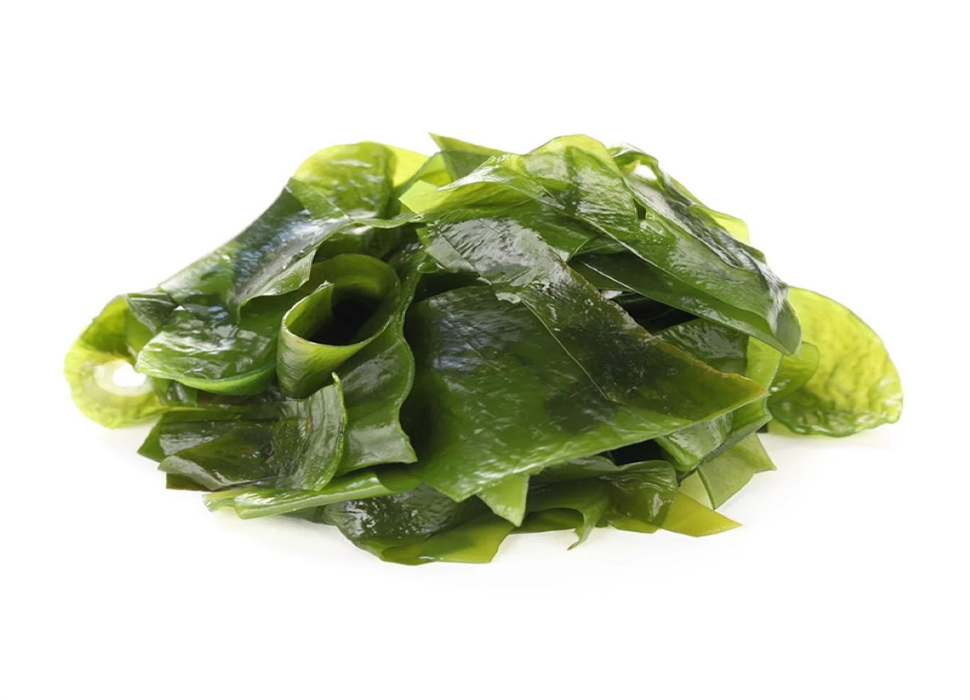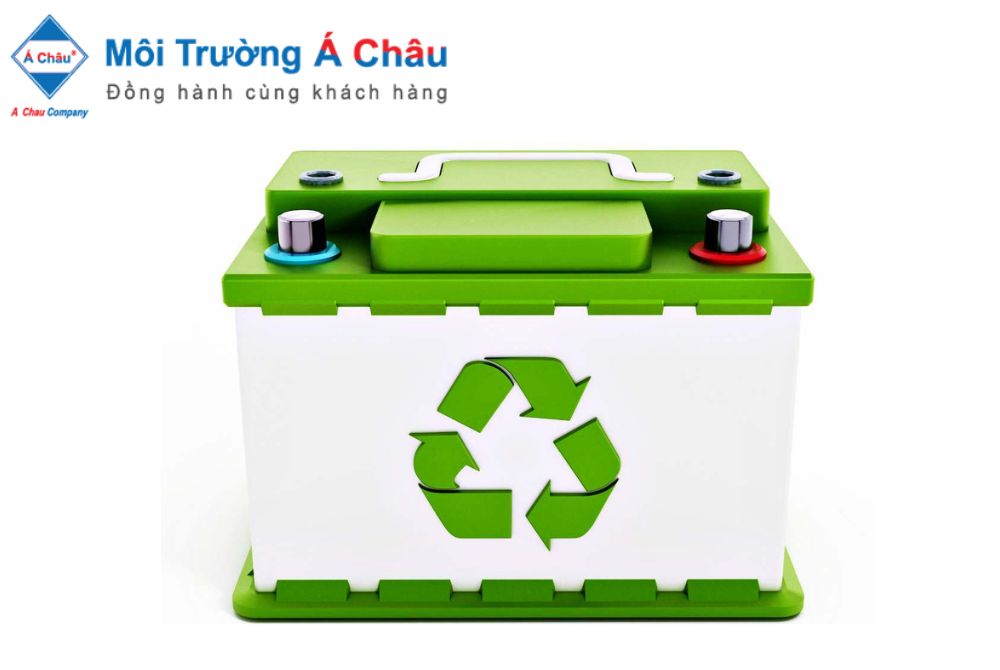Grow more Seaweed for food, animal feed and fuel.
A study by the University of Queensland (UQ) has shown that expanding global seaweed farming could help address the planet's food security, biodiversity loss and climate change challenges.
Grow more Seaweed for food, animal feed and fuel.
PhD candidate Scott Spilias, from the U.S. School of Earth and Environmental Sciences, said Seaweed offers a sustainable alternative to expanding agriculture on land to meet the world's growing demand for food and raw materials.
Mr Spilias said: "Seaweed has vast commercial and environmental potential as a nutritious food and as a raw material for commercial products including livestock feed, plastics, fibres, diesel oil and ethanol. Expanding seaweed farming could help reduce the demand for land-based crops and reduce global agricultural greenhouse gas (GHG) emissions, which are equivalent to 2.6 billion tons of CO2 per year.
Researchers have mapped the potential for farming 34 additional commercially important seaweed species using the Global Biosphere Management Model. They estimated the environmental benefits of a series of scenarios based on changes in land use, greenhouse gas emissions, water and fertiliser use, as well as expected changes in the presence of species by 2050.
"If we replace 10% of the global human diet with seaweed products, we could avoid using 110 million hectares of land for agriculture," Mr Spilias added. In addition, we have discovered millions of acres of ocean suitable in EEZs for agricultural development. The most major appropriate area of the ocean is in Indonesia's exclusive economic zone, where up to 114 million hectares of seaweed production land is believed to be available. Australia's EEZ has tremendous potential and species variety, with at least 22 economically viable species and an estimated 75 million areas of appropriate habitat.
Mr. Spilias said that many native seaweed species in Australian waters have yet to be studied from the perspective of commercial production.
"Through thousands of years of hybridisation, we have developed the staple crops that underpin modern societies, and seaweed may have similar potential in the future," he added. Our research demonstrates what may be done to alleviate some of the world's major sustainability challenges."
Source: Ministry of Agriculture and Rural Development














